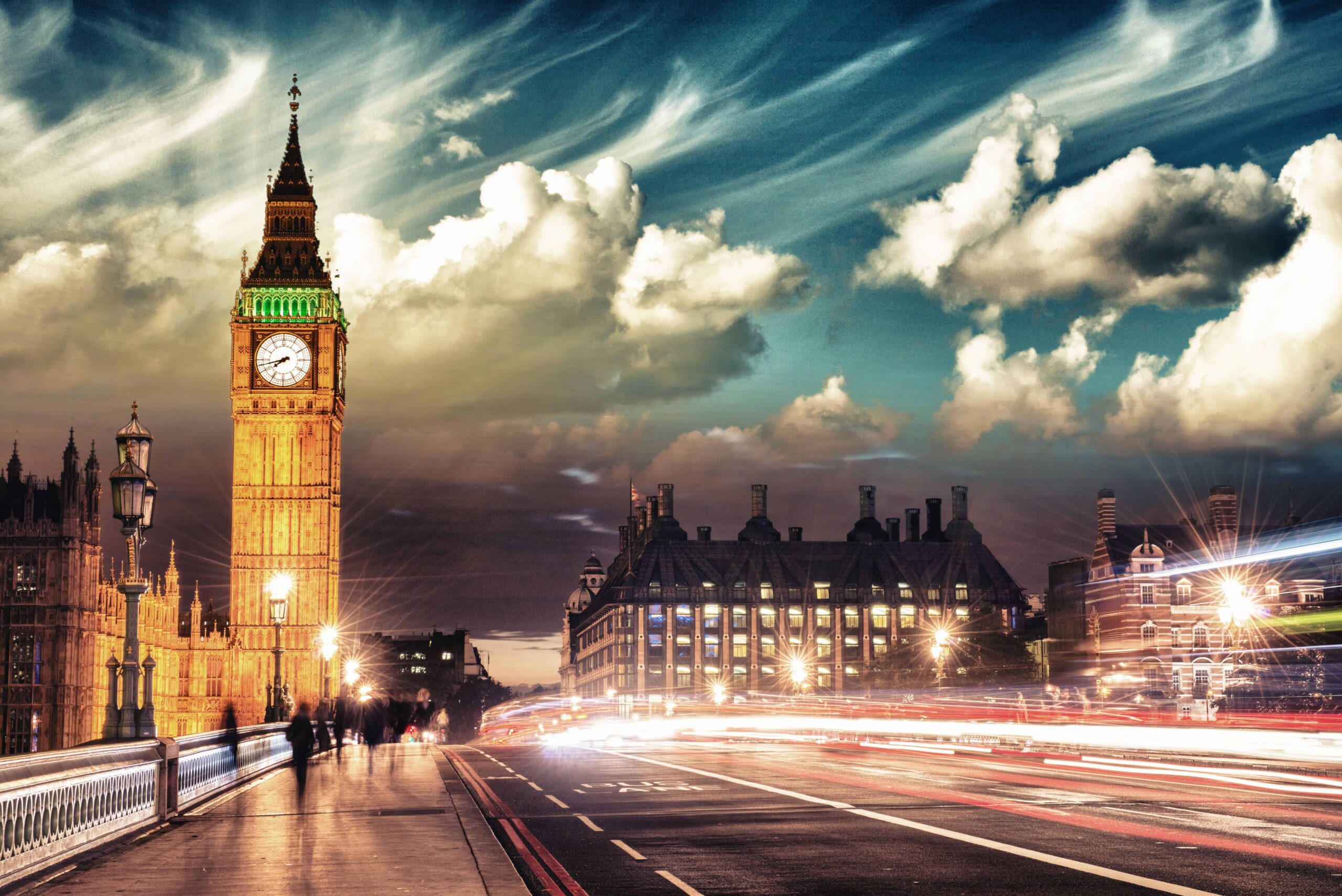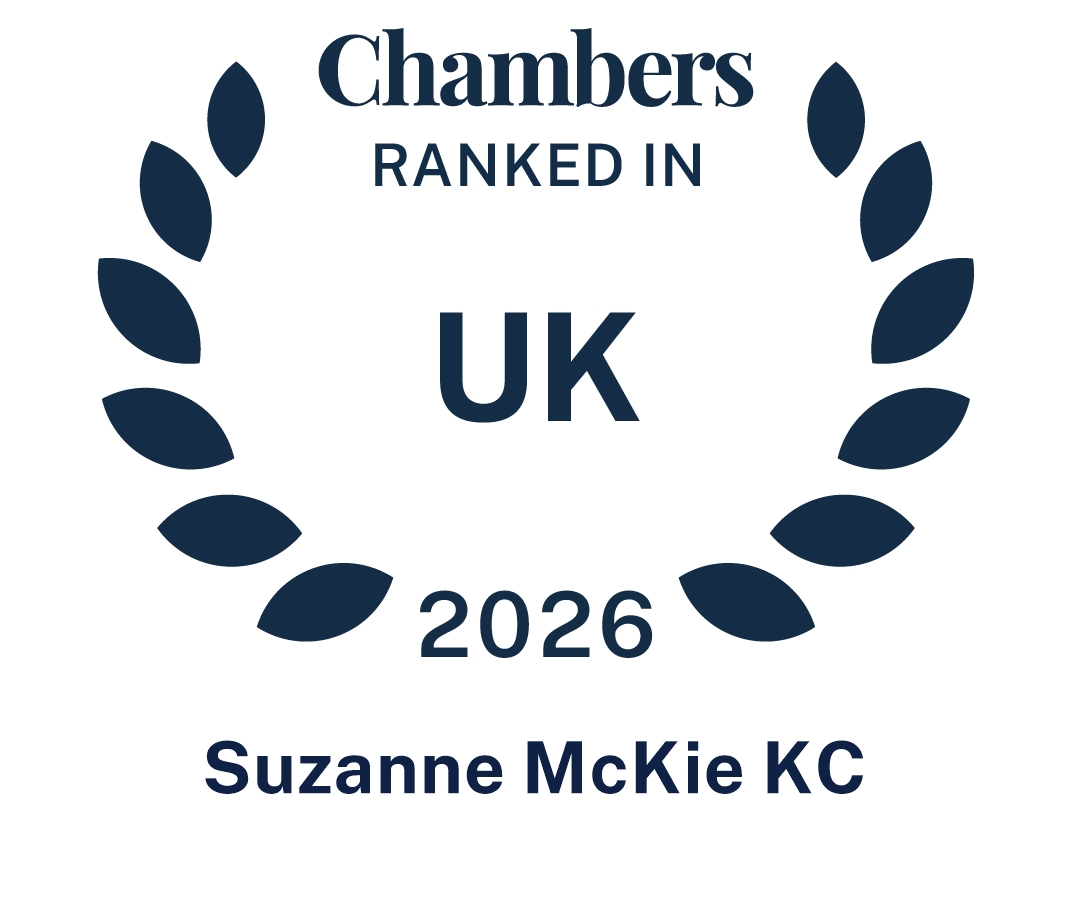
15 July 2020
|Sexual Harassment
Sexual Misconduct / Harassment
Parliamentary Scandals
Parliamentary privilege and the Sexual Offences (Amendment Act) 1992
Former Conservative MP for Dover, Charlie Elphicke is currently on trial for three counts of sexual assault against two different women. One set of allegations were raised by a Parliamentary worker – kept anonymous as part of the criminal proceedings – who described being assaulted in Westminster in 2016 after being employed in what she thought was her “dream job”.
At the same time, MPs recently voted, 243 to 238, to reject plans which would have allowed them to debate the suspension or expulsion of one of their number for bullying or harassment. This narrow victory came after campaigners said the plans would provide a “national platform to bullies” which would give MPs the protection of Parliamentary privilege (that is, protection from legal liability for their comments) whilst silencing victims.
In this context, this blog aims to explain the interaction between Parliamentary privilege and anonymity for complainants in cases of sexual offences, whether they are involved in a complaints process, criminal or civil proceedings, or otherwise. Although Parliamentary complaints systems are adapting to better facilitate the confidentiality of complainants, the special constitutional importance of Parliament means that the strict legal measures which protect complainants in sexual offence cases do not apply. Unfortunately, this makes possible a route by which a complainant’s identity might be made public by way of Parliamentary privilege. This would leave the complainant with no legal recourse following breach of their anonymity.
Anonymity for claimants in sexual offence cases
As is typical in cases involving sexual offences, the names of the complainants in Mr Elphicke’s case have not been reported. This is because section 1(2) of the Sexual Offences Amendment Act 1992 (‘the Act’) offers anonymity for individuals in their position:
“Where a person is accused of an offence to which this Act applies, no matter likely to lead members of the public to identify a person as the person against whom the offence is alleged to have been committed (“the complainant”) shall during the complainant’s lifetime be included in any publication.”
The Act sets out the offences to which it applies in section 2 and includes common sexual offences such as rape and sexual assault. It is worth noting that the anonymity provisions found within the Act will not necessarily apply to all instances of “sexual harassment”: some actions which might be described as sexual harassment, such as groping, could amount to an offence (in that case sexual assault) and so give rise to a right to anonymity, whereas others, such as persistent unwanted sexual advances, would not. Of course, unwanted sexual advances in a work context could still amount to unlawful sexual harassment in contravention of section 26 of the Equality Act 2010 and give rise to a claim to the Employment Tribunal, where the procedure rules allow for the possibility of anonymity applications on wider grounds than just the Act.
In setting out what can be expected when a complainant gains anonymity, the Act specifically mentions the prohibition of publishing the complainant’s photograph, name, address or details of their school or place of work. However, the Act also extends to preventing any details that would likely enable the identification of the complainant – including, for example, information about their relationship with the alleged perpetrator. Publishing these details is forbidden not only in the press or on social media but also as part of legal proceedings, such as the claims Farore Law bring on behalf of those who have been subjected to sexual assault in the workplace.
Section 5 of the Act makes it a criminal offence for someone to breach the anonymity requirements set out in section 1, unless they can show that they had the complainant’s consent or that they were unaware they were publishing identifying details.
For further information on anonymity in sexual offence cases, see Farore Law’s Mini Guides on the topic: Privacy and anonymity in court for victims of sexual abuse: when is it available? and Sexual abuse and sexual harassment cases: anonymity in the courts and tribunals.
Parliamentary privilege
The offence under section 5 of the Act is, however, subject to the particular constitutional protections afforded to proceedings in the Houses of Parliament: Parliamentary privilege.
Parliamentary privilege stems from two sources: the broad common law principle which gives the House of Commons “exclusive cognisance” in dealing with its internal affairs and the more specific statutory protection afforded by Article 9 of the Bill of Rights 1689, which states:
“The freedom of Speech and Debates or Proceedings in Parliament ought not to be impeached or questioned in any Court or Place out of Parliament.”
As stated by Lord Browne-Wilkinson in Pepper v Hart [1992] UKHL 3:
“Article 9 is a provision of the highest constitutional importance and should not be narrowly construed. It ensures the ability of democratically elected Members of Parliament to discuss what they will (freedom of debate) and to say what they will (freedom of speech)…In my judgment, the plain meaning of article 9, viewed against the historical background in which it was enacted, was to ensure that Members of Parliament were not subjected to any penalty, civil or criminal, for what they said and were able, contrary to the previous assertions of the Stuart monarchy, to discuss what they, as opposed to the monarch, chose to have discussed.”
Given its constitutional status, Article 9 would need explicit, rather than implicit, repeal and so remains a defence to any offence under the Act. As such, proceedings in Parliament represent a blind spot in the Act’s protections; a concern for complainants who have accused Parliamentarians of sexual offences either as part of legal proceedings or through one of Parliament’s complaint procedures.
Parliamentary complaints
There is some question as to whether the current Parliamentary complaints system is covered by Parliamentary privilege, as it is not entirely settled whether or not they fall under the scope of “proceedings in Parliament”, as referred to in Article 9 of the Bill of Rights. While debate in the Chamber of each House, or in committee, falls squarely within the term, the position for procedures and process connected to the functioning of Parliament is less clear (see for example, R v Chaytor and others [2010] UKSC 52, which concluded that the MP expenses system did not fall under that definition).
The case of R (Al‐Fayed) v Parliamentary Commissioner for Standards [1997] EWCA Civ 2448 considered whether the Parliamentary Commissioner for Standards (‘PCS’), which hears complaints about sexual harassment and other misconduct by MPs, operated within the ambit of Article 9. In deciding that it did, the Court of Appeal gave weight to the following features:
“He was conducting his activities under the supervision of the relevant Committee, because the activity which is complained of could have an effect on the workings of Parliament. It is therefore directly related to what happens in Parliament.”
This raises the question as to the status of the new system for MP complaints, which replaces “the relevant Committee” (the Committee on Standards) with a new Independent Complaints and Grievance Scheme (‘ICGS’) maintained by non-Parliamentarians, with powers only to put forward sanctions for a vote in the House rather than enforce them itself. Whether the new regime – both the ICGS and the newly situated PCS – remain “proceedings in Parliament” is as yet unclear. On the one hand, the changes are intended to make the process independent of Parliament, yet they could still have an effect on its workings, as it could prompt the House to vote to suspend or expel a Member.
The impact that falling inside the scope of Article 9 would be is whether the process is bound by the Act to ensure the anonymity of complainants of relevant sexual offences. Recently, there has been a greater focus on confidentiality in the wording of the policies and practices of the ICGS, but they do not match the automatic and stringent protections of the Act, which restricts the publication of any information that might lead to the public identification of a complainant.
The recent vote on the new system concerned the potential implementation of a system, moved in a motion by Jacob Rees-Mogg MP, which allowed for debate in the Commons if the ICGS recommends suspension or expulsion of an MP. Despite a compromise suggestion that would have restricted those in the debate from challenging the decisions and findings made under the Scheme or from mentioning a complainant’s name or the details of the investigation, MPs were clearly worried that any debate at all might dissuade possible complaints.
In the House of Lords, the position is much clearer. By contract, Paragraph 126 of the Guide to the Code of Conduct makes clear that anonymity should be the norm in sexual misconduct cases:
“Where complaints relate to bullying, harassment or sexual misconduct the identity of the complainant will be shared where necessary with those directly involved in the investigation but will not usually be made public during the investigation, or on publication of the report, unless the complainant desires otherwise. This may involve some redaction in reports. Those involved in the investigation are under an obligation to protect the identity of the complainant and a failure to do so may constitute a breach of the Code as well as a contempt of the House.”
To conclude: while the Act may not cover the Parliamentary complaints procedures, their mechanisms and practice should give complainants some confidence that their identities will be kept confidential should they choose to make a complaint. However, confidentially will not be legally guaranteed in the same way it would be outside of Parliament.
Other Parliamentary proceedings
Unfortunately, while the Parliamentary complaint procedures may operate in a way which offers confidentially for the complainant in sexual harassment cases, it is possible for a vindictive Parliamentarian to use Parliamentary privilege to disclose the identity of a complainant elsewhere in a manner which would shield them from criminal liability under the Act.
Parliamentarians have in the past made efforts to deliberately use Parliamentary privilege to escape liability in other circumstances:
-
John Hemming MP used Parliamentary privilege to pierce the super-injunction which prevented publication of details of footballer Ryan Giggs’ affair
-
More recently, Lord Hain used Parliamentary privilege to frustrate an injunction which prevented Philip Green from being named as a party in a Court of Appeal case involving non-disclosure agreements
Lord Hain’s action sparked a complaint to the Lords Commissioner for Standards who confirmed that the appropriateness of the use of Parliamentary privilege was outside the Code of Conduct and so outside of her remit. The Code of Conduct for the House of Commons similarly does not restrict improper use of Parliamentary privilege and such behaviour would also be outside the remit of the PCS/ICGS.
As such, the only restriction on the misuse of Parliamentary privilege is through self-regulation, as the Houses of Parliament have inherent powers to police the conduct of their members. Although there are no specific rules that prohibit it, it is possible that misuse of Parliamentary privilege could, in extreme circumstances, be considered disorderly conduct or a contempt and be punished as such.
Alternatively, reference may be made to the rule of sub judicae, which seeks to prevent the unfair impact of Parliamentary debate on ongoing legal proceedings. However, this rule is limited to the course of proceedings. It would not apply to their naming either before a claim was made or after it was concluded and so would be insufficient for the current case.
While self-regulation offers the potential to punish a deliberate attempt to circumvent the protection offered by the Act, Parliamentary disciplinary powers are rarely used and there have not been comparable situations where a similar issue has arisen, meaning it is impossible to say what the practical outcome may be.
Reporting of proceedings in Parliament
The reason why it is of particular importance if the identity of a sexual offence complainant is disclosed in Parliament is because of a separate privilege which covers the reporting of Parliamentary proceedings and which may itself override the anonymity provided by the Act. This privilege involves both statutory and common law protection which, unlike the equivalent law for defamation, has seen very little if any judicial consideration and so remains unclear.
Sections 1 and 2 of the Parliamentary Papers Act 1840 provide for an absolute privilege for material printed by order of Parliament. For our purposes, this means the official Hansard reports. As a verbatim record of what is said in debates and committee, Hansard would publish a complainant’s name if it was spoken in Parliament and would be protected in doing so.
Section 3 of the Parliamentary Papers Act 1840 provides a qualified privilege for individuals who communicate by way of internet or TV broadcast, telegraph or print “an extract from, or abstract of” a “report, paper, votes or proceedings”, where it is published “in good faith” and “without malice”. Dissention on the radio and, perhaps more importantly, online is not protected. Most reports of Parliamentary proceedings are not, in fact, taken from Hansard but rather are direct coverage through watching debates in person or via broadcast, and so technically would not attract this statutory protection. However, if a media organisation did wish to print a complainant’s name and gain this protection, they could frame it as an extract from Hansard.
Section 3 requires that publication be “in good faith” and “without malice”. Exactly what this means has not been interpreted by a court, but it might be interesting to consider whether those definitions could be shaped by codified editorial standards and journalistic ethics. Rule 11 of the Independent Press Standards Organisation’s Editors’ Code of Practice, for example, states that the press must not identify victims of sexual assault, even if the law allows them, unless there is “adequate justification”.
In addition to the statutory protection from the Parliamentary Papers Act 1840, fair and accurate reporting of Parliamentary proceedings attracts protection from the common law in the form of a qualified privilege. The extent of this protection is, however, extremely unclear.
Per Paragraph 364 of a Joint Select Committee report on Parliamentary Privilege from 1999:
“It is doubtful whether the common law affords protection against a contempt of court claim, or against prosecution for a breach of the official secrets legislation, when a newspaper carries a report of statements made in Parliament in breach of a court `no-publicity’ injunction or in breach of the Official Secrets Act.”
A report on the use of super-injunctions, chaired by Lord Neuberger, stated:
“Where media reporting of Parliamentary proceedings does not attract qualified privilege, it is unclear whether it would be protected at common law from contempt proceedings if it breached a court order. There is such protection in defamation proceedings for honest, fair and accurate reporting of Parliamentary proceedings. There is no reported case which decides whether the common law protection from contempt applies. There is an argument that the common law should adopt the same position in respect of reports of Parliamentary proceedings as it does in respect of reports of court proceedings.”
The law in this area is completely untested, but there is a possible argument that common law privilege would not protect publication of a complainant’s identity, particularly given the recent statutory criminal offence and the weighty Article 8 interests involved.
Conclusion
While Parliament is slowly coming to terms with the culture of sexual harassment which exists in Westminster, possible complainants may rightly be concerned that their privacy will not gain the same level of protection as it would in other areas of life.
The special status of Parliamentary privilege is an unavoidable complication, but more could be done in order to ensure the confidentiality of complainants is respected. The PCS/ICGS system in the House of Commons should match the procedure in the House of Lords that makes specific provision for anonymity for complainants.
Outside of the complaints systems, explicit recognition could be made that the potential use of Parliamentary privilege by a Parliamentarian to avoid the protections in the Act and to identify complainants is in itself a form of harassment, punished by the House’s self-regulatory powers.









